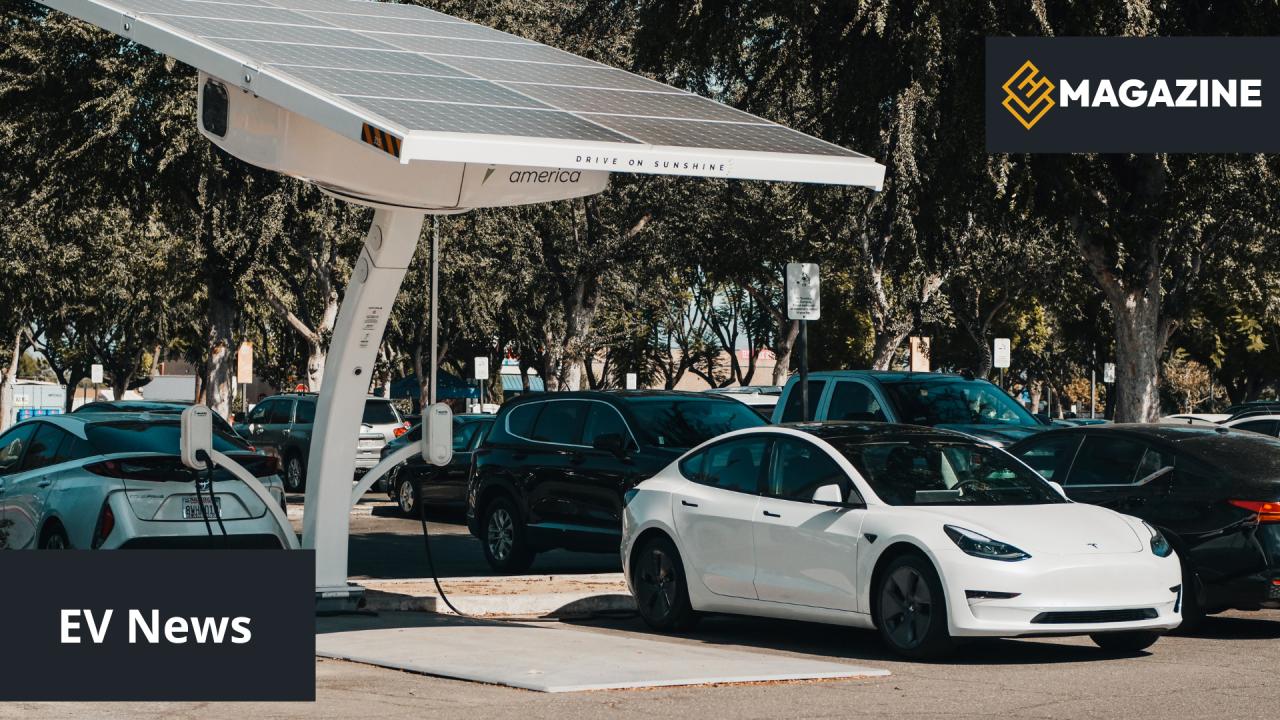€150bn
49%
$38bn
76%
European Perspective: When Politics Collide with Business
As the world's most powerful man and its richest person engage in an unprecedented public feud, European consumers and investors find themselves caught in the crossfire. Tesla's catastrophic 14% single-day stock decline represents more than just an American political squabble—it signals a fundamental shift in how European markets view politically-entangled corporations.
Long before the Trump-Musk confrontation erupted, Tesla faced mounting challenges across Europe. From vandalized showrooms in Berlin and Rome to organized boycotts in Poland, Tesla cars and dealerships have become targets for vandalism with dozens of cars burnt and showrooms spray painted in several European cities in response to Musk's political activities.
Continental Sales Collapse: The Numbers Tell the Story
Crisis Point: Musk's endorsement of the far-right AfD party triggered nationwide backlash.
Market Signal: French consumers increasingly reject politically-charged automotive brands.
Competitive Shift: Chinese brands gain ground as Tesla stumbles politically.
The Subsidy Web: European Dependencies
While Trump threatens to terminate Musk's $38 billion in US government support, Tesla's European operations depend on a complex web of EU incentives, regulatory credits, and national EV promotion schemes that could face scrutiny as political tensions escalate.
Tesla generates significant revenue selling regulatory credits to legacy European automakers struggling to meet CO₂ targets.
The €5 billion facility benefits from German industrial incentives and EU battery production subsidies worth hundreds of millions.
European Battery Alliance funding and national schemes in Norway, Netherlands, and Germany boost Tesla operations.
Purchase subsidies across EU member states have supported Tesla sales, though some countries are reconsidering support.
European Investor Sentiment: A Fundamental Shift
European investment communities, traditionally more cautious about executive political activism, are reassessing Tesla's long-term viability as protests spread from Berlin to Stockholm. The company's brand value and reputation have declined since 2024 due largely to CEO Elon Musk's incendiary rhetoric and political activities.
Unlike American markets that often separate business performance from executive behavior, European consumers demonstrate stronger correlation between political disagreement and purchasing decisions—a cultural difference that amplifies Tesla's vulnerability.
Part of the population is not happy with his views, his political activism1. We'd all be happy of course if Musk just went back to just being a CEO2.
The Competitive Landscape Reshuffles
As Tesla struggles with political backlash, Chinese manufacturers are rapidly gaining European market share. Sales at China's SAIC zoomed up 54% in April, while BYD has begun outselling Tesla in key markets like the United Kingdom for the first time.
SpaceX: Europe's Space Dilemma
The Trump-Musk feud creates strategic complications for European space ambitions. While the EU develops its own launch capabilities through Ariane 6 and emerging private companies, European satellite operators currently depend on SpaceX for cost-effective launches.
Musk's threat to "begin decommissioning SpaceX's Dragon spacecraft immediately" in response to Trump's subsidy threats raises questions about the reliability of American space services for European missions.
European governments and businesses increasingly rely on Starlink services, creating strategic vulnerabilities amid US political instability.
ESA accelerates Ariane 6 deployment and supports European commercial launch providers to reduce SpaceX dependence.
Regulatory Response: Brussels Watches Closely
The ongoing feud highlights concerns about platform concentration as Musk uses X (formerly Twitter) as a political weapon. European regulators are examining whether the Trump-Musk conflict violates DSA requirements for content moderation and platform neutrality.
Future Outlook: Europe Charts Independent Course
The spectacular Trump-Musk confrontation serves as a watershed moment for European technology strategy. As Tesla's European market share continues eroding and political tensions persist, EU policymakers are fast-tracking initiatives to build technological sovereignty.
Investment patterns are already shifting—European venture capital increasingly flows toward domestic EV startups, battery technology developers, and autonomous systems companies that offer alternatives to American tech dependence.

